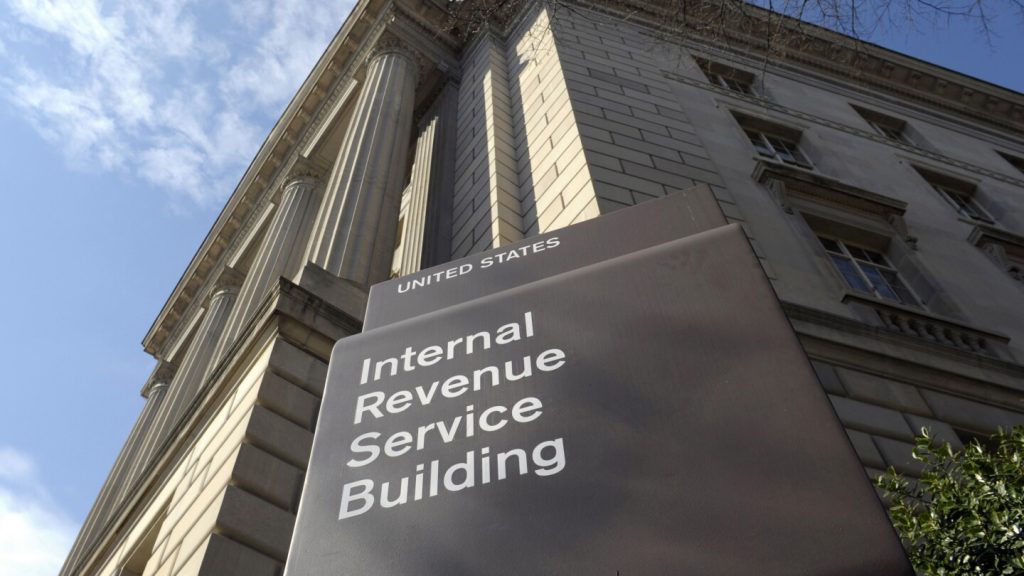The latest report from the National Taxpayer Advocate highlights improvements in IRS taxpayer services, especially after a significant funding boost provided by the Inflation Reduction Act signed into law by President Joe Biden. Overall, the 2024 filing season went smoothly, with progress being made to address taxpayer concerns and enhance the agency’s capabilities. However, the report also raised concerns about the IRS being too slow to resolve identity theft cases, which it described as “unconscionable.”
Despite advancements in modernizing technologies and improving service delivery, the report highlighted a significant increase in the time it takes to resolve self-reported identity theft cases. As of April, the IRS was taking more than 22 months to resolve these cases and had approximately 500,000 unresolved cases in its inventory. This delay could have severe consequences for identity theft victims, such as delayed tax refunds leading to financial insecurity, particularly for low-income taxpayers who rely on refunds for daily expenses.
The IRS Commissioner acknowledged the need for continued improvement in addressing identity theft cases, emphasizing that progress would not happen overnight. The IRS had initially received a substantial funding infusion under the Inflation Reduction Act, but subsequent budget cuts and rescissions have put that funding at risk. The political controversy surrounding IRS funding, exacerbated by past incidents of political bias, has made it challenging to secure additional resources for the agency.
Despite these challenges, the Taxpayer Advocate remains optimistic about the future of the IRS, particularly in terms of taxpayer services and technology modernization. Erin M. Collins expressed confidence that the agency has turned a corner and will continue to improve the taxpayer experience with the additional funding provided by the Inflation Reduction Act. Moving forward, the focus will be on enhancing services, addressing identity theft issues, and ensuring a positive experience for taxpayers when interacting with the IRS.
Overall, the report highlights a mixed picture of progress and challenges facing the IRS in its efforts to improve taxpayer services and resolve identity theft cases. While there have been notable advancements in technology and service delivery, delays in addressing identity theft cases remain a significant concern. The ongoing debate over IRS funding and past controversies surrounding the agency’s operations add complexity to the efforts to enhance its capabilities and provide better services to taxpayers. Moving forward, continued vigilance and investment in IRS resources will be essential to address these challenges effectively.


